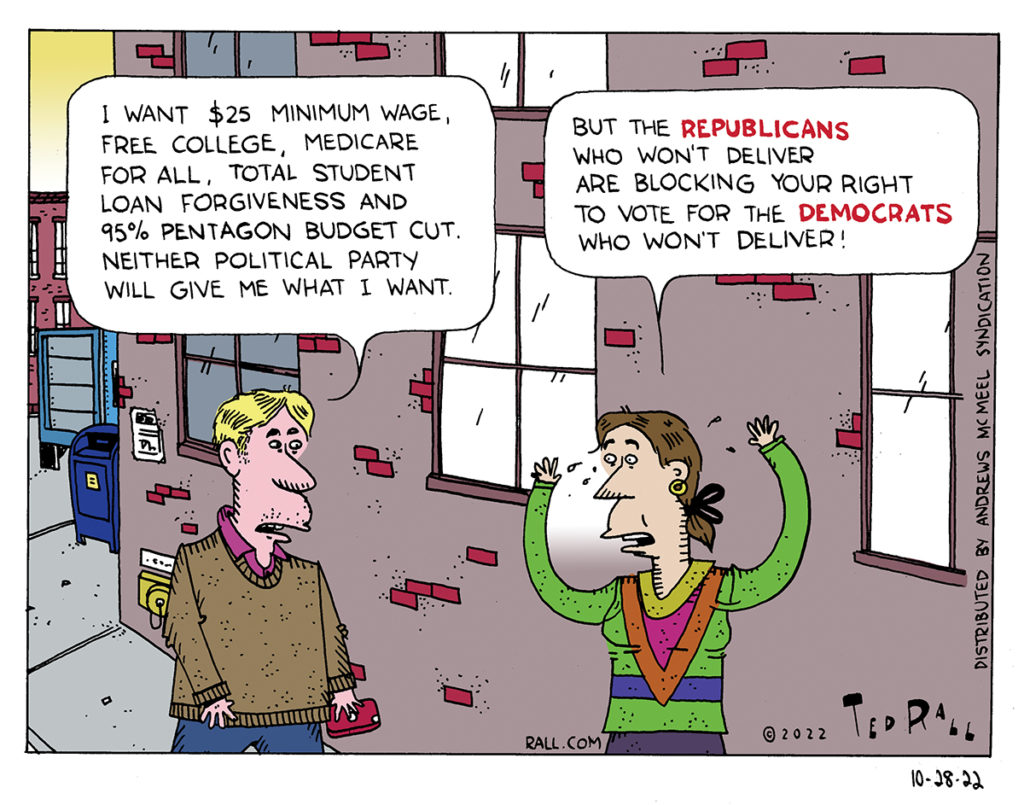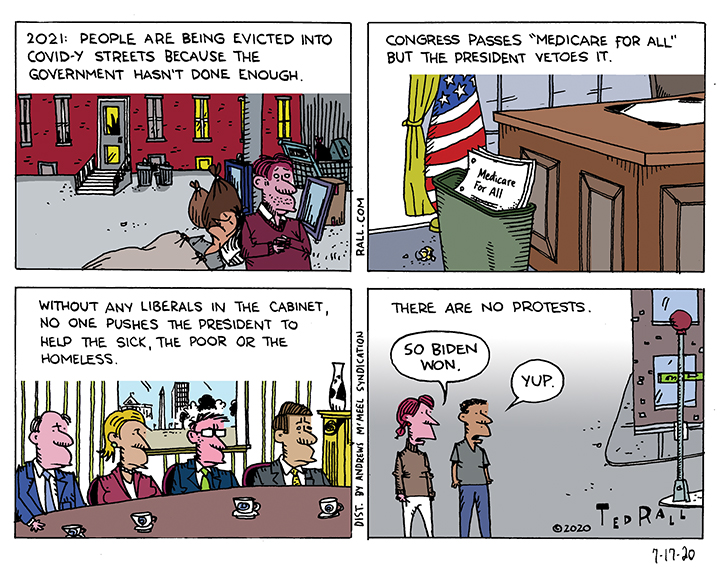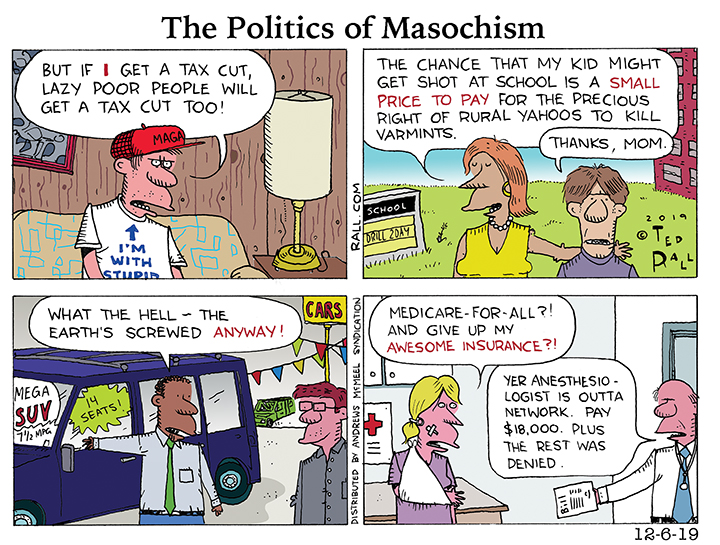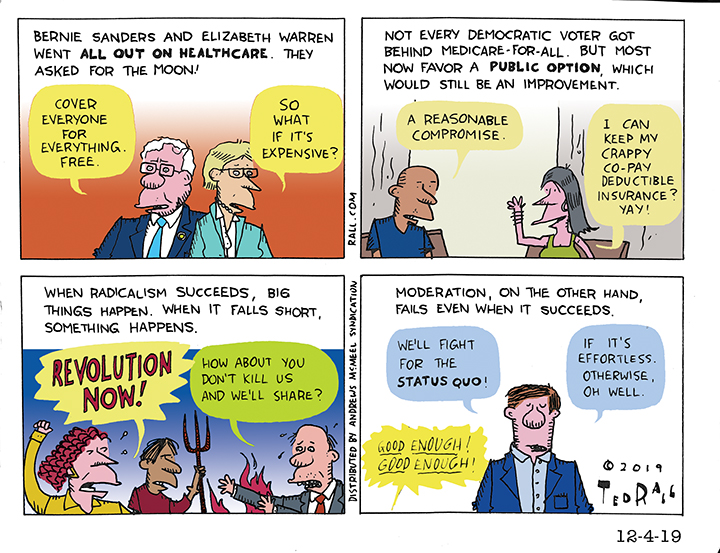To Order What’s Left via Amazon, click here.
Please Note: Books purchased via Amazon will not be autographed.
To Order What’s Left from your favorite local bookstore, give them this ISBN: 979-8-898622-0-1
Please Note: Books purchased via your local store will not be autographed. Ted is, however, available to visit your store if they choose to invite him for a public appearance.







